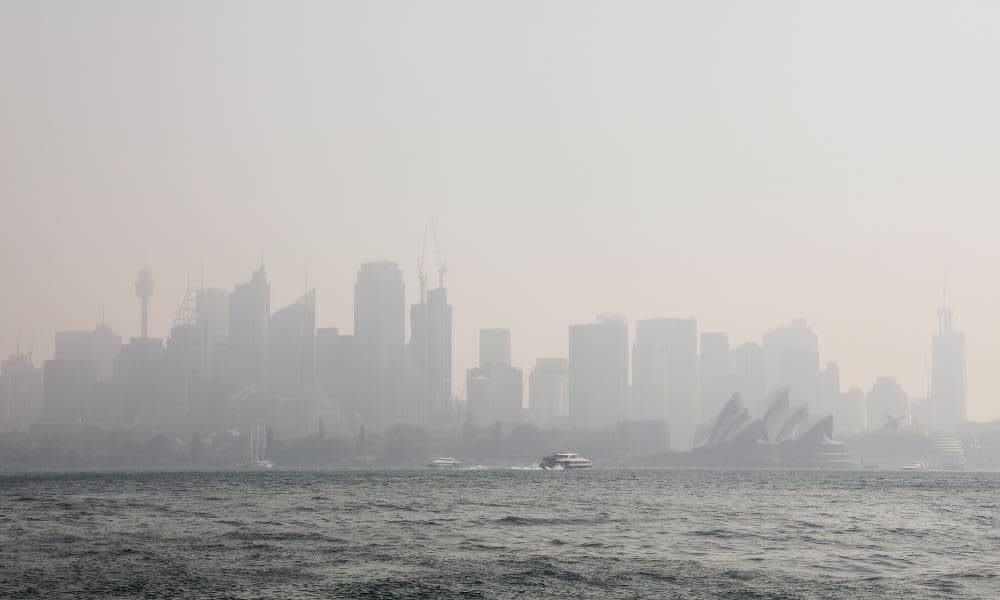We’re all pretty aware that getting out into nature and away from the city has health benefits, even if we can’t quite put our finger on exactly why. A weekend break amongst the trees is the perfect way to reset and revive, but it might have more to it that simply getting off your phone and enjoying the view.
New research from the University of Queensland and Carnegie Mellon University in the United States has found that urban pollution has a direct effect on cognitive performance for those who are exposed. In particular, the study found, air pollution has an apparent direct impact on memory and recall, which might explain why you struggle to remember things when working in the office.
The researchers examined the performance of 100,000 users of the brain training app Lumosity, comparing their results on days when air pollution was worse in their local regions and when it wasn’t.
They found that when air pollution was up, cognitive function, as measured by performance in the app, declined.
It’s not new information that air pollution from factories, industry, transport, and other sources plays a huge role in impacting our physical and mental health however this is the first time we’ve been able to see the impact so directly.
Lead authors Andrea La Nauze from UQ’s School of Economics has said that the impact on congitive function appeared worse for those who are younger than it did for people over the age of 50.
“There is existing research which shows pollution affects the cognitive ability of young people and older people and we wanted to test whether that was also true of people in the ‘middle’ who make up the bulk of the workforce,” La Nauze said.
“We found the effects are larger for younger people, so for someone under 30 we find the effect of a high-pollution day is the equivalent of ageing about 15 years in terms of cognitive ability.”
The pollutants in question are PM2.5. That’s not a chemical term, but actually a reference to the size of the particle in the air. Particulate Matter 2.5 is a particle that is smaller than 2.5 micrometres in size, about 30 times smaller than the width of human hair, and easily inhalable. Lots of PM 2.5 in the air creates a hazy fog that can be tinged grey or yellow.
Exposure to high levels of PM2.5 caused the average player to drop six points on a scale of one to 100, with 100 representing the score of the top 1% of users.
Thankfully, the impact of air pollution appears to be temporary, as users performed better on days when there was less pollution in the air. This is good news for anyone who was caught up in the Black Summer bushfires and spent weeks breathing the heavy smoke from the fires.
That being said, it’s clear that exposure in early life has an impact later on, as studies have shown there are both physical and cognitive effects to pollutant exposure in the womb up until the age of two. One study on infant monkeys who were exposed to smoke during the California wildfires of 2008 found that even three years later, those monkeys had worse immune systems than those who weren’t exposed.
The good news is that the effects of pollution on mental and physical health are starting to be better understood and acted upon. The WHO has long recommended safe levels of air pollutants and, in September, cut back the levels of acceptable air pollution even further.
However, even under their previous safe levels, 90% of the planet was already living in areas with higher levels of pollution that were deemed safe.
Thankfully, while policies and practices come into play that enforce these safety limits and ensure we all have clean air to breathe, getting away from the city can have immediate impacts on health. That means that just getting out there and taking some deep breaths will have you feeling better in no time.
Read more stories from The Latch and subscribe to our email newsletter.

